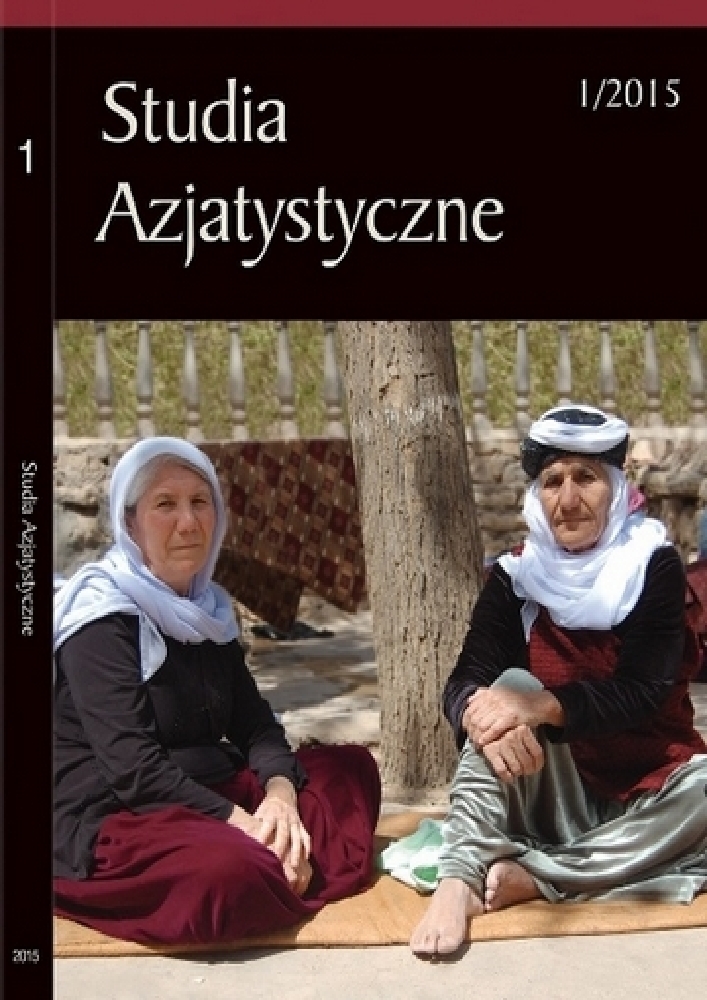Abstrakt
Israeli literature is replete with examples of politically engaged poetry, written as a voice of protest and an expression of grief caused by the aftermath of Israel’s policy toward the Palestinian Authority. The poems selected for this study were written by several Israeli authors over the last three decades. The works by Yehuda Amichai, Tuvya Rübner, Meir Wieseltier, David Avidan, Aharon Shabtai, Avner Treinin and Aryeh Sivan concern the issues of mourning, forgiveness, wrath and disgust in the face of war. The analysis is an attempt to look at the recent Hebrew poetry through the prism of grammatical forms associated with the first and second person plural (‘we’ and ‘you’). It is an attempt to examine their function in the poems and the way they create the poetic vision of the Israeli-Palestinian conflict.Bibliografia
Borzymińska, Zofia, Rafał Żebrowski (red.). 2003. Polski słownik judaistyczny:Dzieje – kultura – religia – ludzie, t. 1. Warszawa: Prószyński i S-ka.
Nitzan, Tal (red.). 2005. 4891-4001 בעט ברזל: שירת מחאה עברית [With A Pen Of Iron: Hebrew Protest Poetry 1984-2004]. Tel Aviv: Xargol.
Paveau, Marie-Anne, Georges-Élia Sarfati. 2009. Wielkie teorie językoznawcze:Od językoznawstwa historyczno-porównawczego do pragmatyki. Kraków: Avalon.
Licencja

Ten utwór jest dostępny na licencji Creative Commons Uznanie autorstwa 4.0 Międzynarodowe.
